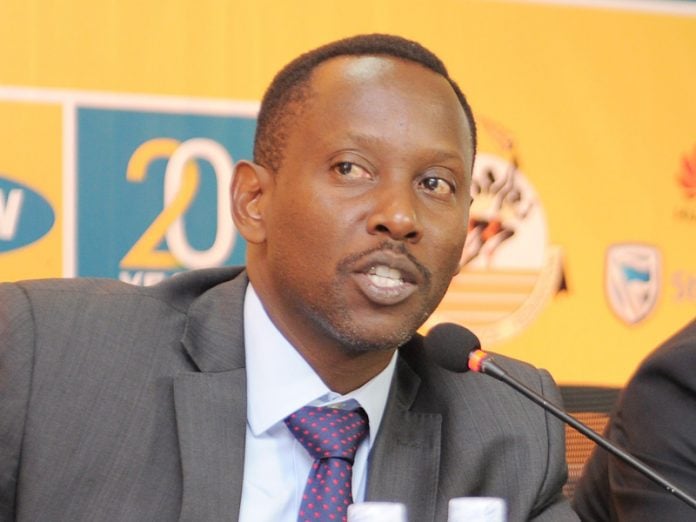Engaging employees in social activities

Michael Sekadde
What you need to know:
- Today’s Millennial and Gen Z employees feel the need to balance work with a drive for societal change
The workplace has continued to evolve owing to the numerous factors, including ever-changing age groups, demands and expectations. The traits of the current labour force – mainly Millennials and Gen Z – are different compared to the earlier generations. They are bold in salary negotiations, tech-savvy, curious, and prefer flexible work environments.
However, one trait that comes out clearly is that these categories of employees are going beyond the payslip to be engaged or retained by their employers. They are looking for meaningfulness and purpose in their work and therefore are concerned by how their organisations are impacting communities.
Indeed, some organisations and companies are already shifting their focus from not only providing returns to their shareholders but also playing a role in encouraging employees to transform the lives in their communities voluntarily.
One such example is MTN Uganda’s 21 Days of Y’ello Care campaign, where MTN employees are engaged in high-impact social projects within their local communities. Here, MTN allows its employees to volunteer for a particular cause or activity and arrange a structured outing that they participate in together – a market or hospital clean up, or painting a school. This has since translated into an increase in employee engagement, improved performance as well as retention.
This implies that there’s a need for organisations to embrace similar initiatives to meet the current work environment for the new crop of employees.
PwC’s Global Workforce Hopes and Fears Survey carried out in 2022 shows that while good pay ranks top, job fulfilment and the ability to be one’s true self at work are ranked second and third among employees considering a job change.
The study notes that 75 percent of people want to work for organisations or companies that make a positive contribution to their communities and societies.
Relatedly, Deloitte’s Global 2022 Millennial and Gen Z Survey found that today’s Millennial and Gen Z and employees feel the need to balance work with a drive for societal change. They’re drawn to organisations or companies that allow them to be of service to the community. In return, employees feel a heightened level of commitment to their employer and team, offering substantial growth and development opportunities for both.
The studies also reveal such voluntary programmes also expand the employees’ professional skill sets as they work on progressively more challenging and rewarding projects both for their good and that of their communities.
For companies, encouraging employees to volunteer is a powerful way for them to give back to society which can be in the form of fundraising, teaching and physical labour, among others. Moreover, the initiative can also help companies demonstrate their commitment to corporate social responsibility, enhance their reputation, and foster a positive workplace culture.
Employers need to be cognizant of the fact that happier and more engaged employees increase staff retention leading to improved productivity and hence increased returns to the organisation and companies. Also, as much as employees want to work for organisations and companies that positively impact their communities, current consumers too, prefer supporting organisations and brands that are public and transparent about their corporate social responsibility initiatives.
Furthermore, staff-driven initiatives are an excellent way to encourage employees to explore their talents, and develop stronger relationships with their organisations. It is, therefore, time for organisations to develop corporate voluntarism programmes similar to the 21 Days of Y’ello Care campaign to engage their employees in corporate social responsibility.
This initiative benefits everyone involved – employees, communities and organisations. But above all, these initiatives transform communities and societies resulting in sustainable growth and development.
Mr Sekadde, the general manager Human Resources - MTN Uganda



